Moving
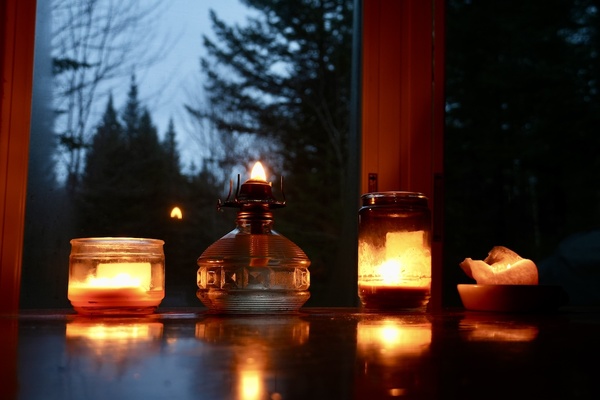
We're leaving the kids
April 5, 2024
I have a goal to produce more more video content after we move to Nova Scotia. But first I'd like to close the Montreal chapter and talk a bit about leaving the kids.
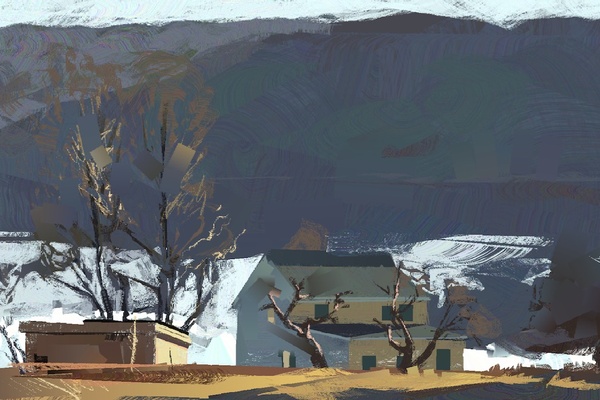
Leaving Home & Returning Home
January 11, 2024
The house will be done by Christmas of this year. And sometime in spring, 3 years after that initial phone call, we’ll be leaving our home in Montreal to move, quite literally, to my parent’s home.
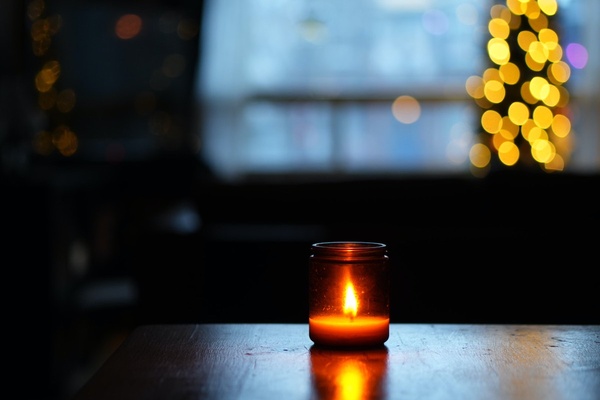
As I enter 2024
January 4, 2024
New Year 2024 reflections: This time will end. Appreciate its gifts. One day these days will be cherished memories.
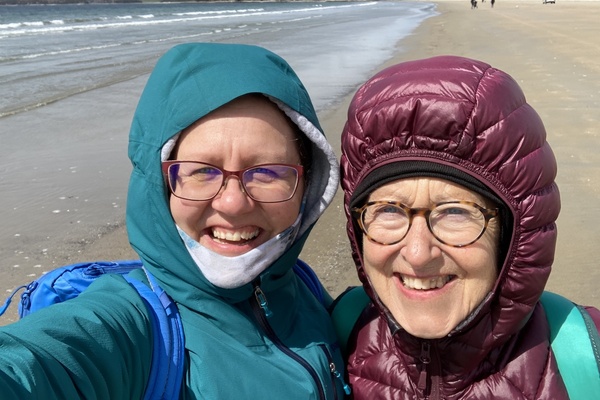
Finding Home ~ The conclusion
May 9, 2023
Then it all became rather obvious. We’re the adventurers and explorers, the migrators without property. We’ve built flexibility into our lives and our work. We would move to my parents. We’d sail the boat of our family life into the security of their port.
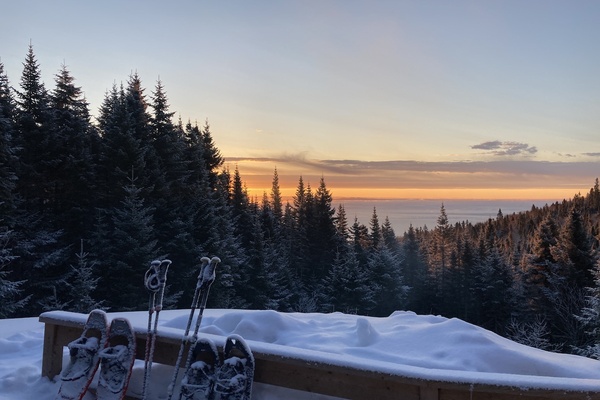
My own migration story
April 18, 2023
Living in Montreal with no family, no mountains and no purchase of a property to anchor us, the question of “where is home” became insistent, especially after I lost the religious beliefs of my childhood.
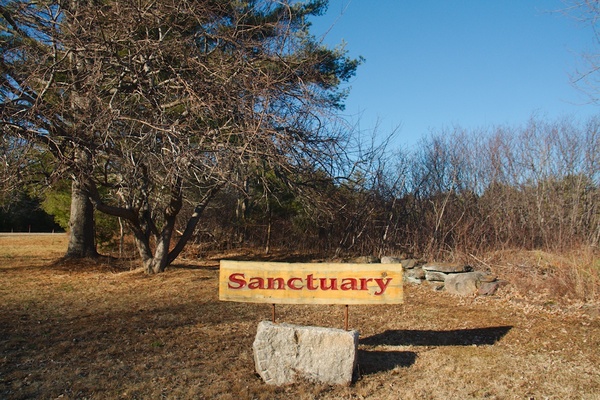
In response to the times
April 7, 2022
It’s time to talk about the conclusions I’ve been drawing from my life experience and “the state of the world”, as filtered through the lens of this advice: "Prepare for what you’ve already been through, plus a bit more."
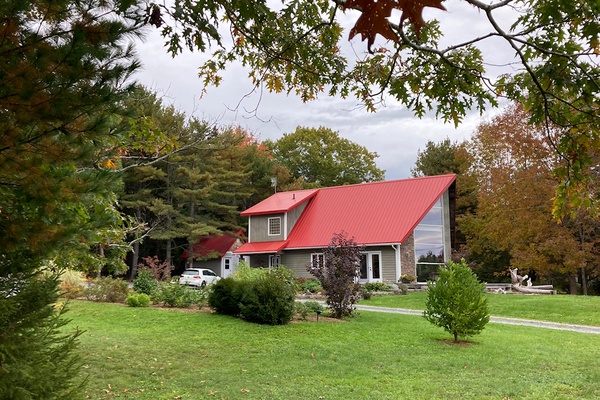
The News from Nova Scotia
October 30, 2021
Why do people live where they live? How do they decide where to call "home"? How do you define home? How does the answer to these questions change through the different seasons of our lives? What's gained and what's lost in where we choose to live?





